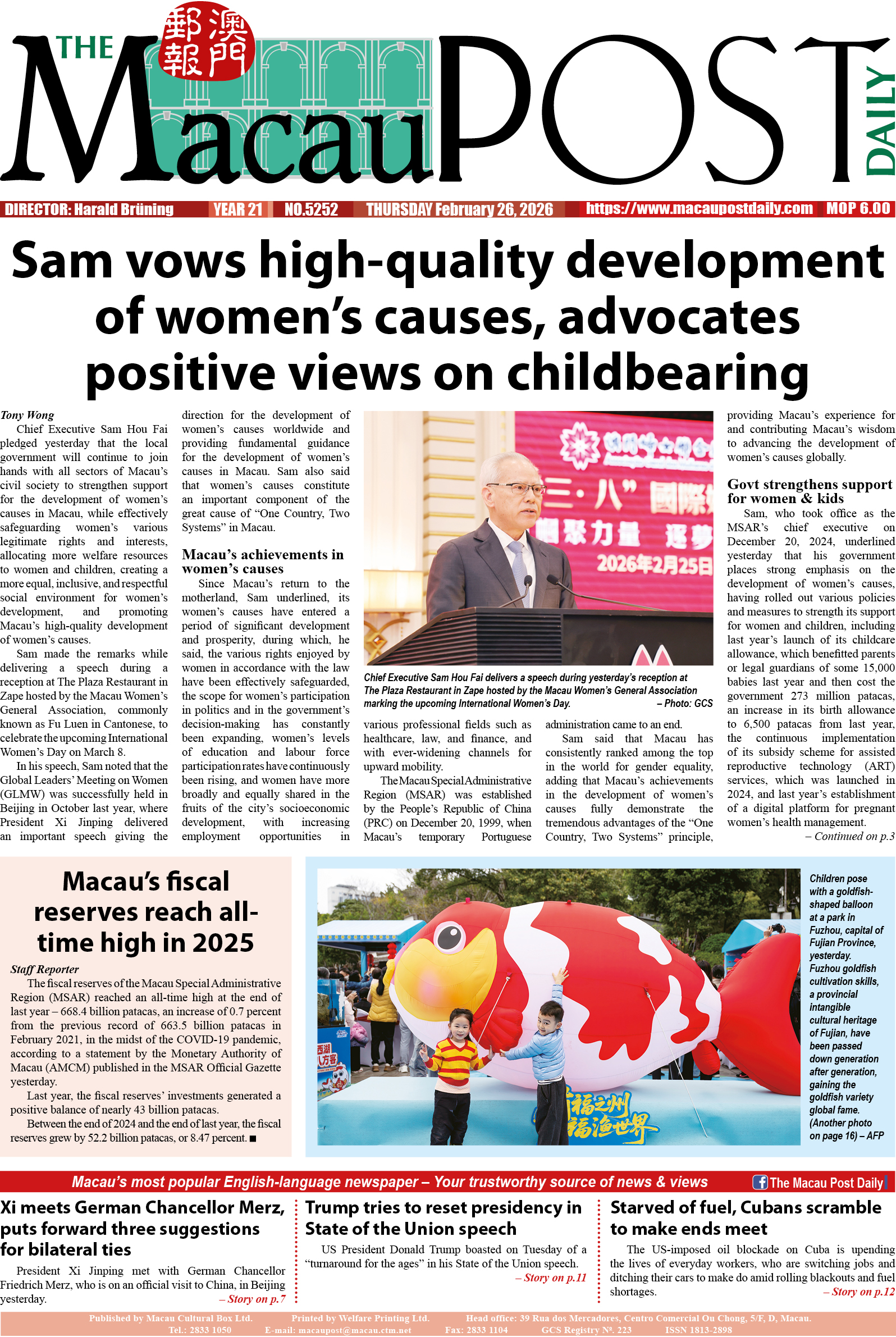When I was a child, I used to fear many things. I feared the monsters and bogeymen that were said to hide under my bed or inside every cupboard or wardrobe, as well as the dark as it is the favourite hiding place of the unknown. However, as I grew older, the monsters and bogeymen I had once feared took on a much more real and tangible form. They sit and watch in anticipation as I sweat and stumble over my words, feeling like every set of eyes are hyper focused on me while each passing second feels like an hour. It does not help that the feeling of being silently judged looms over me. The thing that causes this great fear is public speaking.
Public speaking involves speaking in front of a live audience and can be done formally or informally. It can take on forms such as conducting a speech or delivering a presentation, and is said to be an effective skill and can even demonstrate your abilities as a communicator, as well as being an important skill for one’s career. According to a 2017 Psychology Today article by Theo Tsaousides, being a good public speaker is said to be helpful in growing one’s business, making strong connections and progressing one’s career, as well as promoting ideas and calling people into action. There are numerous other benefits and practical implications to being a good public speaker, but it can undoubtedly be a terrifying and nerve-racking task and experience.
Different sources online say that public speaking is a common fear. The website Psycom says that the fear, which is also known as glossophobia, is “believed to affect up to 75 percent” of the US population. The National Social Anxiety Centre added that public speaking anxiety is “considered a social anxiety disorder”, which is defined by the National Institute of Mental Health as “an intense, persistent fear of being watched and judged by others” that can affect various facets of life such as work and making friends. This fear is also said to even be able to trigger a person’s fight or flight response as our brain perceives the situation as a threat or being dangerous.
Thankfully, like many fears, this one can be overcome. There are various sources that can provide detailed ways to either becoming an effective speaker and either reducing or getting rid of the fear itself. Although the thought of speaking in front of an audience still scares me, I have learnt to deal with it in some ways that I can share.
First, practising, preparing and gaining experience to speak in front of a live audience is among the most useful ways to reduce the fear as you become better versed and more used to it. Another thing that can be done is to remember that perfection isn’t everything. Delivering a good speech is the key goal, but overly striving for perfection can make a person too afraid of making mistakes, forget necessary information or put too much emphasis on an otherwise tiny mistake, leading to a lot of self-criticisms. The last thing is the hardest one to do but it will pay off the most in my opinion, which is to reduce the negative self-talk and reassure oneself that the outcome will not be as bad as our minds tend to project. Negativity is one of the biggest roadblocks and enemies we will face, but once we overcome it, the outcome might be much better than we could ever have expected.
Public speaking can undoubtedly be a terrifying thing. The skill of being able to effectively communicate to a live audience is important and the fear of doing so, like many fears, can be conquered. I think practising, not putting too much emphasis on perfection and avoiding negativity as well as toxic self-criticism are imperative. It is also important to remember that the audience that you sit or stand in front of are not monsters and bogeymen that are out to get you, but are just people.

Photo courtesy of Unsplash









